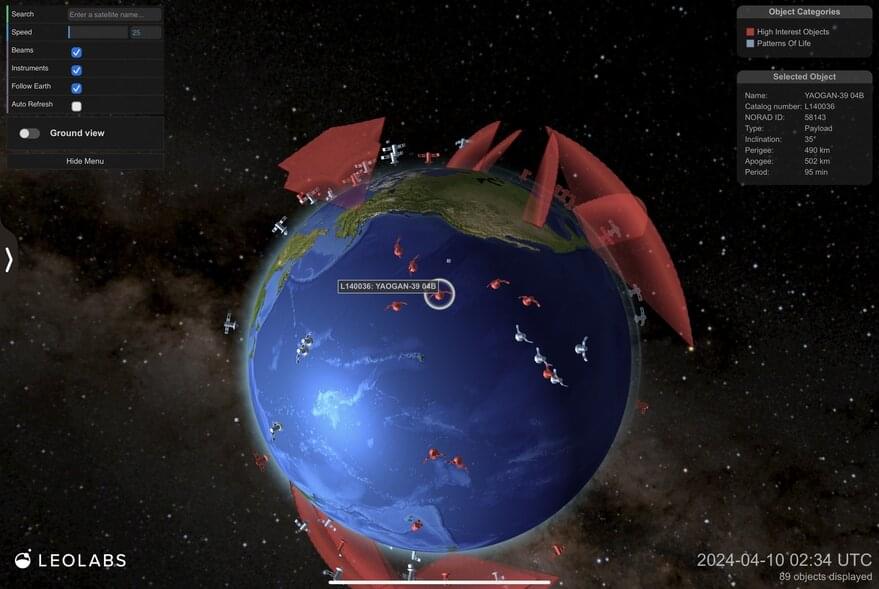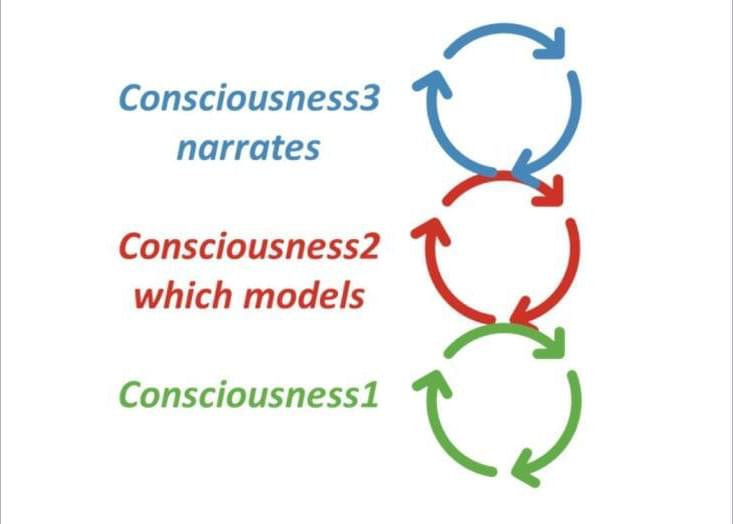Aston University researchers and their international team have set a new data transmission record of 402 terabits per second using standard optical fiber, potentially stabilizing broadband costs as demand surges.
Researchers at Aston University, collaborating with a team, have achieved a new record by transmitting data at a rate of 402 terabits per second through commercially available optical fiber. This accomplishment surpasses their prior record set in March 2024, where they managed to send data at 301 terabits per second, equivalent to 301,000,000 megabits per second, using a single standard optical fiber.
According to the researchers, “If compared to the internet connection speed recommendations of Netflix, of 3 Mbit/s or higher, for watching an HD movie, this speed is over 100 million times faster.”






